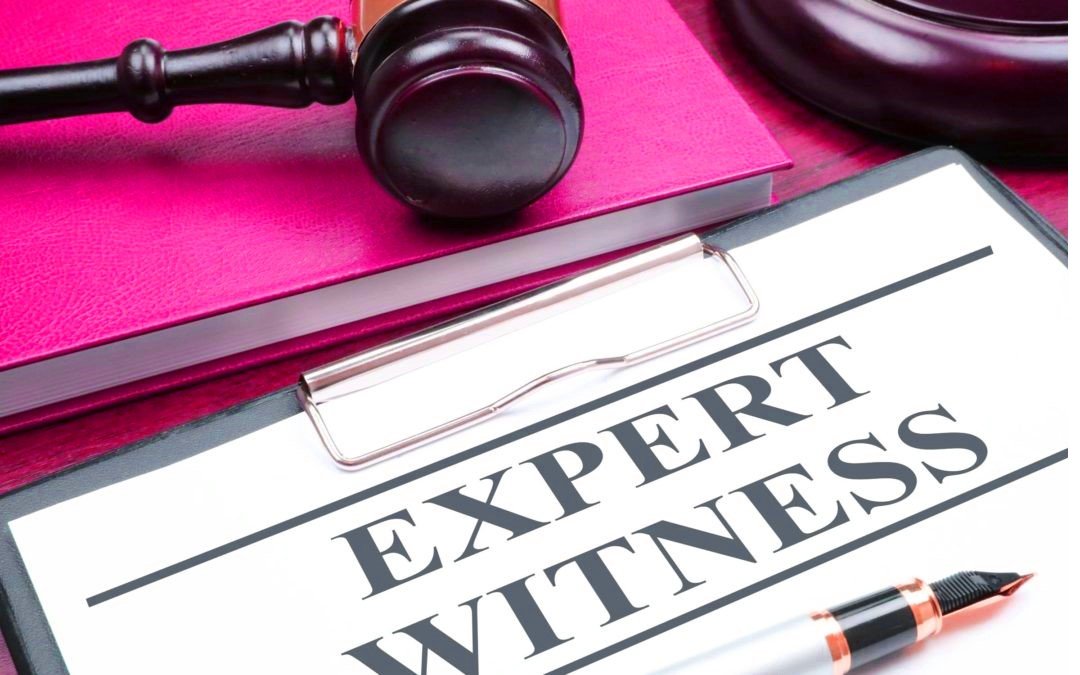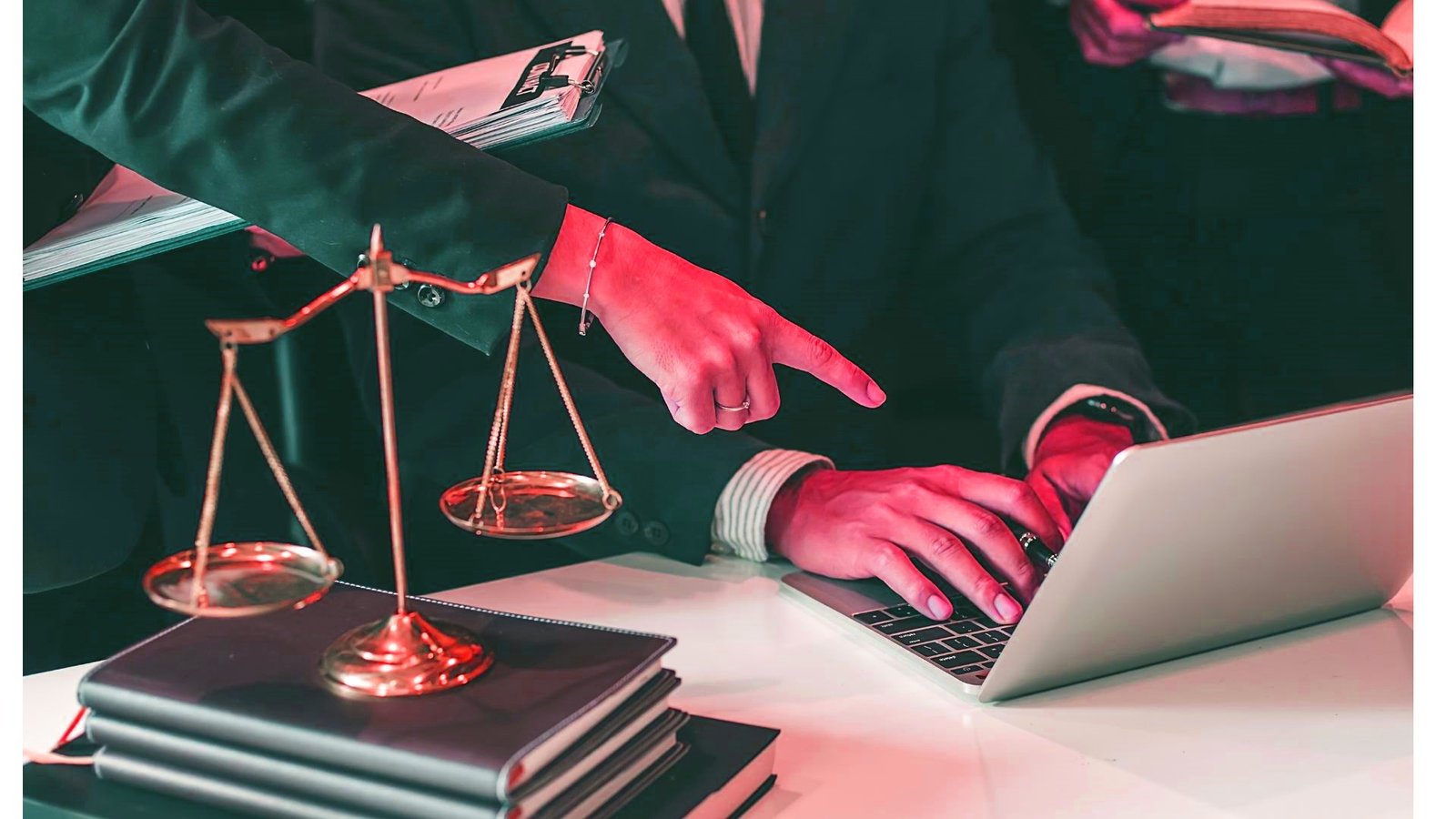The Impact of Social Media on the Legal System (2023)


Social media has completely changed the way we engage and communicate with one another, transforming many facets of our life. The judicial system is one area where its impact is most felt. The impact of Social Media has paved the way for both possibilities and difficulties in everything from criminal investigations to court cases. We will examine the Impact of Social Media in gathering evidence, privacy issues, cyberbullying, professional behavior, public opinion, and potential future changes in this article as we investigate the impact of social media on the judicial system.
Platforms for social media have become an essential part of our everyday lives, giving people a way to express their ideas, opinions, and life experiences. The judicial system, meanwhile, is crucial to protecting justice and preserving civil order. The interaction between social media and the legal system has created a dynamic and developing connection that has an impact on many legal procedures.
Contents
Social media and the legal system
Read More: Breaking Down Criminal Law: An Overview (2023)
adversely affecting criminal investigations
Social networking sites provide a wealth of publicly accessible data that can help with criminal investigations. Social media is increasingly routinely used by law enforcement to acquire information, monitor people, and obtain evidence. Investigators can examine social media posts, images, and videos to learn more about people’s relationships, activities, and probable involvement in crime.
judicial procedures; influence
Court processes have been significantly impacted by the growth of social media. The social media activity of potential witnesses and jurors is closely monitored. When gathering evidence on people engaged in court matters, lawyers and investigators frequently go through social media accounts to spot any potential biases or contradictions. Additionally, social media has changed how information about courts is disseminated by enabling real-time updates, live streaming, and audience participation.
Issues and moral considerations
While social media offers the legal system useful information, it also comes with difficulties and moral conundrums. Legal practitioners must learn to differentiate between legitimate sources and the wealth of information available on social media sites. Additionally, the legal framework must carefully handle concerns like data privacy, social media post authentication, and the possibility of manipulation and false information.
Social media evidence
Read More: Immigration Law 101: A Comprehensive Guide
Social media evidence types
Evidence from social media might be in the form of written postings, photographs, videos, location check-ins, and direct messages, among other types of material. Such information may be essential for establishing timeframes, confirming alibis, and discovering connections. To properly present their cases, lawyers and investigators need to be skilled at acquiring and comprehending social network data.
Assuring social media evidence’s validity and legal admissibility in court is a difficulty. To confirm the authenticity of social media posts, methods like digital forensics and metadata analysis are used. To show that the evidence has not been tampered with, legal experts must establish a chain of custody. Before allowing it to be used as evidence in a trial, courts assess the social media evidence for relevancy, dependability, and trustworthiness.
Privacy concerns
juggling information access and privacy rights
Social media’s relationship with the law creates complicated questions about individuals’ right to privacy. On social networking sites, people have a fair expectation of privacy, but their posts and activity can also be a significant source of information for legal procedures. Finding the ideal balance between protecting personal information and allowing access to pertinent information is a never-ending task. In order to protect people’s right to privacy, courts must carefully assess the requirements and processes for collecting social media data.
The use of personal information online and in social media privacy settings has legal repercussions. Concerns have been raised about the extent to which law enforcement and legal authorities may access private social media postings. Court rulings have addressed matters including the admissibility of material collected through misleading means and whether social media posts are private or public. The limits of privacy rights in the digital era are shaped by these legal arguments.
Cyberbullying and harassment
An increase in Internet harassment
Regrettably, the impact of social media platforms has become hotbeds of abuse and cyberbullying. Online harassment, stalking, defamation, and other unpleasant behaviors are things that people may experience. The legal system has struggled to produce legislation and rules that would effectively address these problems, stop cyber bullying, and protect victims. It takes skill to navigate the difficulties of jurisdiction, anonymity, and technical improvements in order to prosecute perpetrators and create deterrents.
Legal retorts and objections
Technology firms, law enforcement, and legal institutions must work together to combat cyberbullying and harassment on social media. Laws have been passed to make certain types of online harassment illegal, but because social media platforms are so widely used throughout the world, enforcement and catching perpetrators may be challenging. Legal issues occur when attempting to define the limits of free speech, online abuse, and platform providers’ obligations to uphold safe environments.
Professional Conduct and Impact of Social Media
Effects on Solicitors and other legal professionals
The use of social media has significantly changed how attorneys and other legal professionals conduct themselves professionally. Nowadays, lawyers network, promote and share information online. Social media usage, nevertheless, can bring up moral issues with regard to protecting client confidentiality, avoiding conflicts of interest, and upholding the integrity of the legal profession. Legal organizations and bar associations have published rules to help users of social media maintain professional standards while acting ethically.
Legal practitioners must follow norms and guidelines regarding social media use in order to behave professionally and ethically. These can include keeping a professional internet presence, abstaining from insulting or provocative conversation, and not exposing confidential client information. Legal organizations offer guidance and tools to assist attorneys in navigating the ethical issues raised by social media.
Conclusion
The legal system has been a significant impact of social media, which has changed several areas of investigations, court cases, privacy rights, cyberbullying, professional behavior, and public opinion. Social media offers excellent chances to engage the public and obtain information, but it also poses difficult moral and legal dilemmas. Legal practitioners must navigate the changing social media world while maintaining the rights to privacy, justice, and fairness. It’s critical to strike a balance between using social media’s advantages and preserving the judicial system’s integrity as technology develops.
FAQs
Can the impact of social media posts be included as evidence in court?
Yes, posts on social media can be used as proof in court. However, such evidence must be verified for validity and admissibility, and pertinent legal norms and processes must be followed.
How does social media affect how the general public views legal matters?
Through virtualization and online conversations, social media may have a substantial influence on how the public perceives court matters. To guarantee fair trials, it is critical to be aware of and address the possibility of prejudice.
What privacy issues are there in relation to the impact of social media and the legal system?
When using social media for professional purposes, privacy issues might develop. Courts must carefully take into account the legislative framework governing social media privacy in order to strike a balance between privacy rights and information access.
What impact does social media have on attorneys’ ethical behavior?
Legal professionals now have to handle ethical issues such as protecting client confidentiality, managing conflicts of interest, and acting professionally in online contacts as a result of social media.
What changes in the legal system might we anticipate as an impact of social media?
We may anticipate prospective legal changes and laws addressing the impact of social media use, privacy safeguards, and the admission of social media evidence as social media continues to develop. In order to properly incorporate social media while maintaining justice and integrity, the judicial system will evolve.





